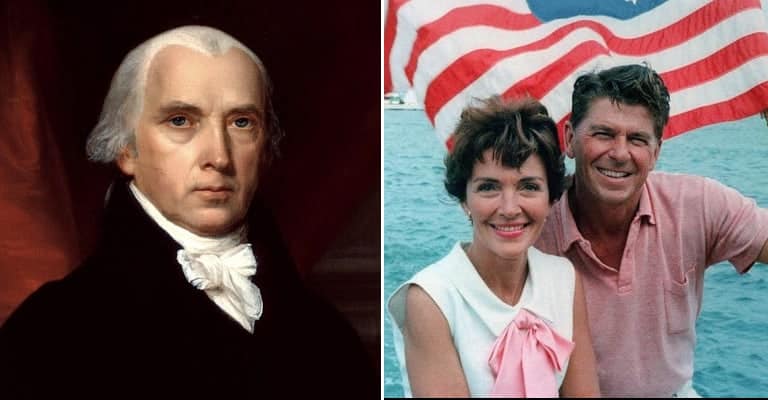America’s presidents have come from many professions and walks of life. While many were trained as lawyers, other professions have been well represented in the White House as well. There have been soldiers and sailors, engineers and teachers, writers and publishers, tailors and storekeepers. Many were farmers. Some were from extreme wealth, others from near poverty. All of them had personality traits which can be referred to politely as quirks, and some of those were downright strange. Others are mildly amusing. There is no question that the pressures of the office lead the president to find ways to blow off steam, and here is how some of them did so in history.

1. George Washington was a brewer and distiller, and he named some of his dogs accordingly
George Washington never lived in the White House, and most of his pets remained at his Mount Vernon home during his presidency. They included several dogs which he liked to have accompany him when he indulged in his favorite out of office pastime, horseback riding. Washington brewed beer, including spruce beer, made peach brandy and applejack, and distilled whiskey at Mount Vernon, both for sale and for personal consumption. Four of his coonhounds were named in a manner reflecting alcohol consumption. The black and tan hounds were named Drunkard, Tipsy, Tipler and Taster.

